7 March 2025
Ever stopped to think about the heartbeat of any city or town you’ve visited? Chances are, it’s not the skyscrapers, fancy malls, or even the historical landmarks. It’s the local market. Yep, those bustling, colorful, and often chaotic spaces are more than just places to buy fresh produce or handmade trinkets. They’re the soul of a community—a vibrant tapestry of stories, traditions, and human connections woven together.
Markets have been around for centuries. They’re not just about commerce; they’re a celebration of life, a reflection of culture, and a gathering spot for locals and travelers alike. In this article, we’re going to dive deep into the importance of markets in local culture, why they’re more than just a shopping destination, and how they bring people together in beautiful, sometimes unexpected ways.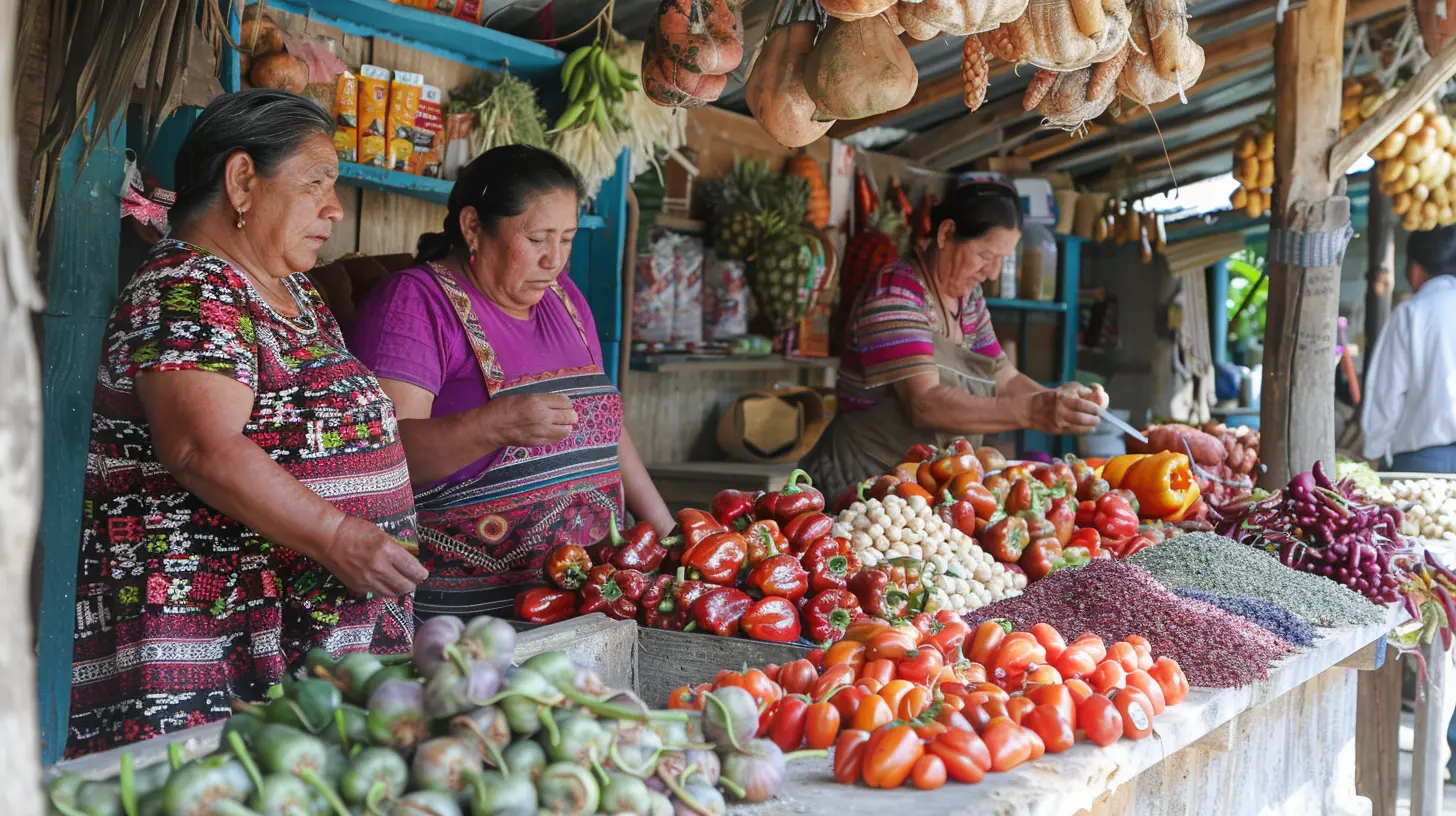
The Market as a Cultural Mirror
Let’s face it—if you want to truly understand a place, you’ve got to visit its markets. Whether it’s a farmer’s market in the heart of a small town or a sprawling bazaar in a bustling city, markets are where the essence of a community comes alive.Think about it: What do you see in a market? Fresh produce, local delicacies, handcrafted goods, and maybe even a few quirky souvenirs. But what you’re actually looking at is a snapshot of the region’s culture. The food tells you about local agriculture and culinary traditions. The crafts? A glimpse into the artistry and skills passed down through generations. Even the people—the vendors, buyers, and wanderers—are a diverse mix of personalities that embody the spirit of the place.
Markets are like living museums. Instead of staring at artifacts behind glass, you’re interacting with the living, breathing culture of a community. And the best part? You can take a piece of it home with you.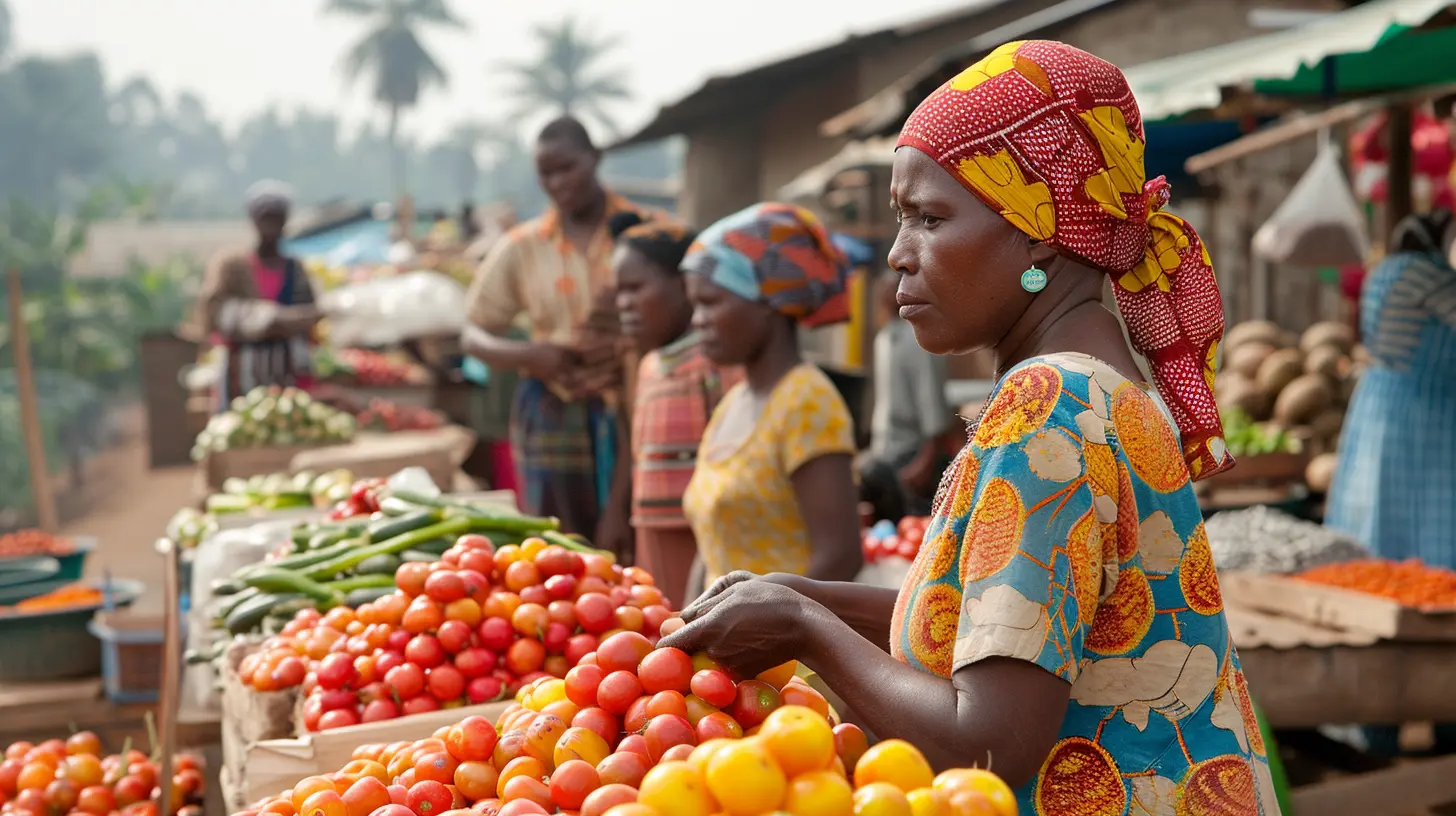
A Hotspot for Foodies
Let’s not beat around the bush: one of the best reasons to visit a market is the food. Period.You know that feeling when you stumble upon a food stall that smells so good, you can’t help but stop and try something? Markets are the ultimate playground for food lovers. Street food, exotic spices, fresh produce, baked goods—you name it, they’ve got it.
Take a stroll through the Mercado de San Miguel in Madrid, and you’ll be overwhelmed by the aroma of freshly made tapas. Or how about savoring the tangy spices at a spice market in Marrakech? Even a simple apple picked out from a farmer's stand in Vermont can taste like a little slice of heaven.
Food markets don’t just satisfy your taste buds—they tell stories. They reveal what people grow, eat, and celebrate. Every dish has history, every ingredient has significance, and every meal shared brings people closer.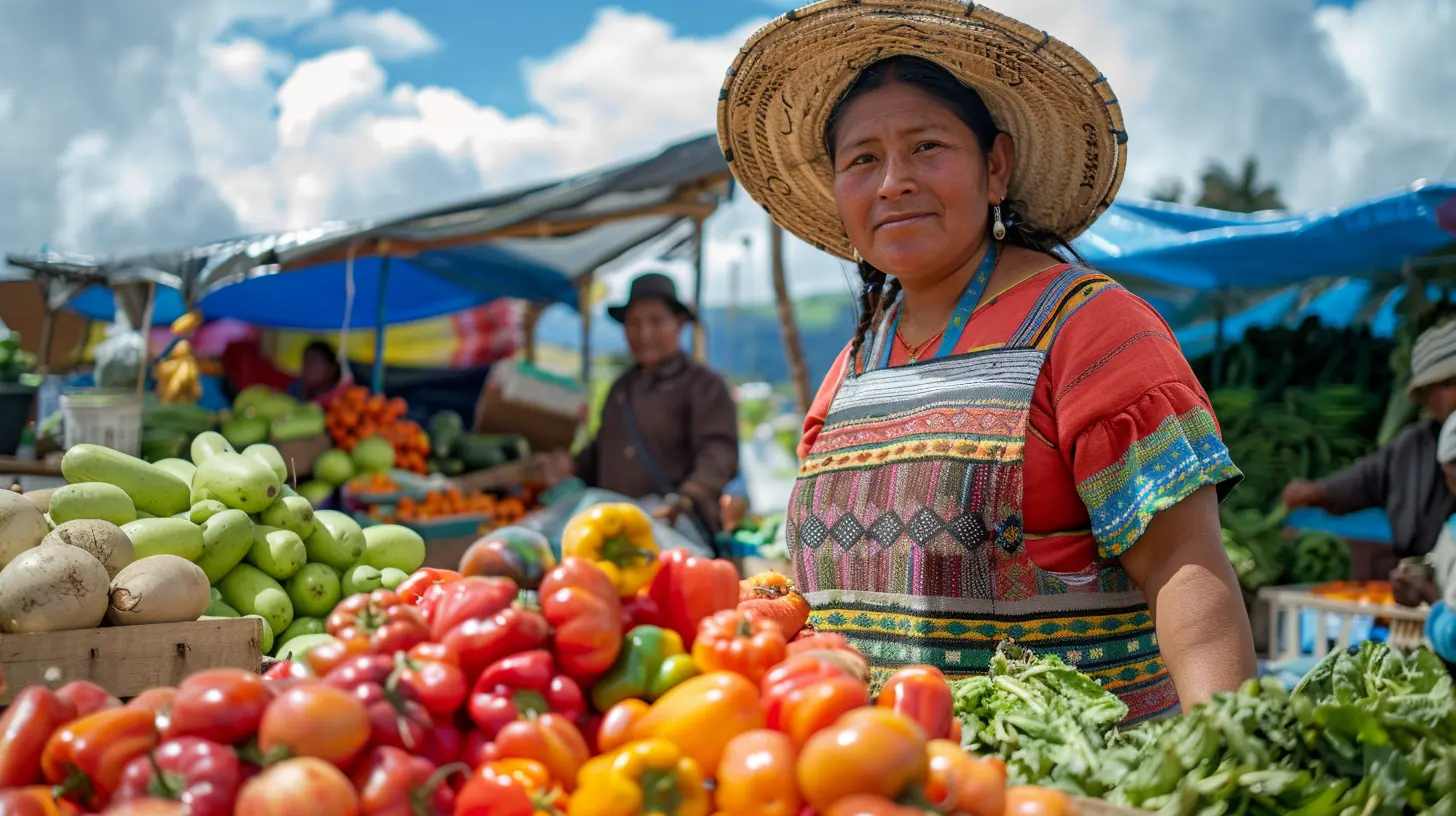
A Gathering Place for Everyone
Markets aren’t just about buying and selling—they’re about community. They’re a place where people come together, whether it’s to catch up on local gossip, find the best deals, or simply enjoy the lively atmosphere.Have you ever noticed how markets seem to break down social barriers? You’ve got farmers selling to chefs, tourists haggling with vendors, and families shopping for their weekly groceries. It’s a melting pot of people from all walks of life, coming together in one shared space.
Markets are a kind of social glue. They encourage conversations—sometimes over a bunch of bananas, other times while you’re queuing for that famous pastry everyone’s been raving about. They make you feel connected, even if you’re just passing through.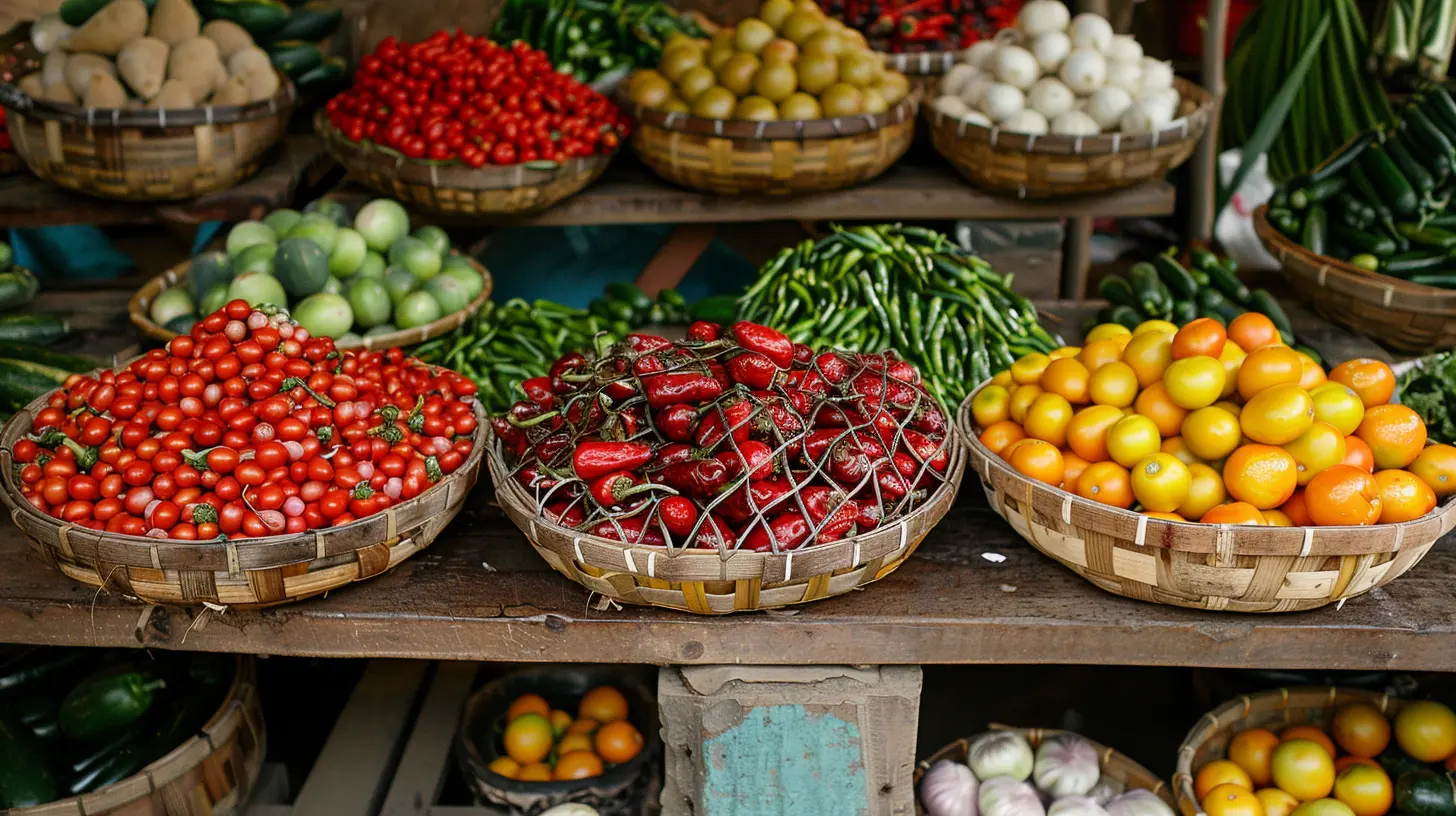
Preserving Traditions and Supporting Local
Here’s the thing: markets aren’t just places to shop; they’re guardians of tradition. Every handmade item, every unique spice blend, and every recipe passed down through generations represents a piece of cultural heritage. Without markets, many of these traditions might fade away.Supporting local vendors doesn’t just mean you’re getting something unique and authentic—it means you’re helping sustain a way of life. Small farmers, artisans, and entrepreneurs rely on markets to share their work and make a living. When you buy something from a market, you’re not just purchasing an item—you’re investing in the community.
And let’s not forget the sustainability factor. Many markets promote farm-to-table practices, reduce packaging waste, and focus on seasonal produce. It’s a win-win for the community and the planet.
Markets as Tourist Attractions
Here’s a pro tip for your next trip: skip the chain stores and head straight for the local market. Why? Because that’s where the magic happens.Tourist attractions can sometimes feel, well, manufactured. But markets? They’re as authentic as it gets. They’re raw, unfiltered, and brimming with life. Even if you don’t plan on shopping, walking through a market is an experience in itself. The sights, sounds, smells—it’s a sensory overload (in the best way possible).
Some of the world’s most famous markets—like Istanbul’s Grand Bazaar or London’s Borough Market—are major tourist draws. But even the lesser-known ones, like a small town’s Sunday market, have their own charm. Markets are a gateway to understanding the local way of life, and they never disappoint.
The Joy of Discovery
One of the best parts about markets is the element of surprise. You never know what you’ll find.Maybe it’s a unique piece of jewelry that becomes your favorite keepsake. Or a spice blend you bring back home, transporting you right back to that little market stall every time you use it. Perhaps it’s an unexpected conversation with a vendor or a fellow shopper that leaves a lasting impression.
Markets are like treasure hunts. They’re unpredictable, and that’s what makes them so special. You could walk out with a bag full of goodies or just a heart full of memories. Either way, you’ll leave with a smile.
From Past to Present: The Evolution of Markets
Historically, markets were where everything happened. They were the center of trade, the hub of social interactions, and even places for political discussions. They were more than just a shopping spot—they were the lifeblood of the town or city.Today, markets have evolved, but their essence remains the same. While some have become more modernized with international influences and trendy food stalls, others stay rooted in tradition. Both types offer something unique. Whether you’re shopping for artisanal cheese in Paris or bartering for colorful fabrics in India, markets continue to play a vital role in connecting people and cultures.
Why We Should Celebrate Markets
Let’s wrap this up: Markets are more than just places to shop. They’re about connection—connection to culture, to people, and to the history of a place. They’re chaotic, colorful, and full of life, embodying everything that makes a community special.So, the next time you’re traveling (or even exploring your own hometown), make it a point to visit a market. Wander through the stalls, talk to the vendors, taste the food, and soak it all in. Celebrate the community spirit that markets bring to life. Because honestly, there’s no better way to truly experience a place than by diving headfirst into its markets.

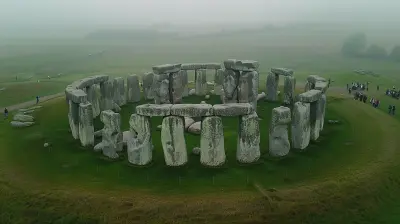





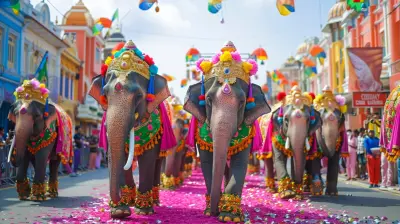

Julian Gray
Markets are vibrant hubs that showcase local culture, foster community connections, and celebrate unique traditions.
April 6, 2025 at 3:29 PM